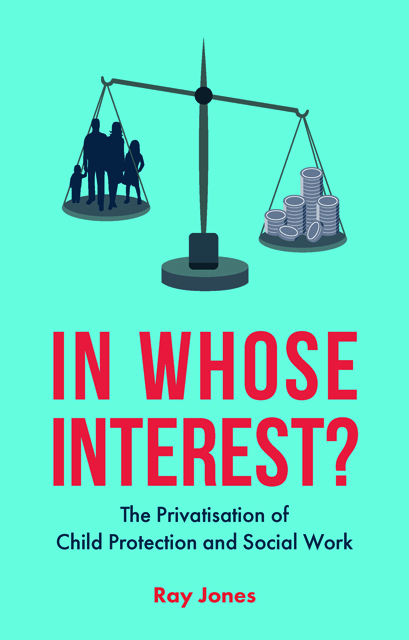seven - Cameron, the coalition and the Conservatives: ‘Cambornism’ and enhanced Thatcherism
Published online by Cambridge University Press: 14 April 2023
Summary
One consequence of the banker-created economic crisis, which was presented by the Conservatives in the 2010 general election as an exemplar of New Labour’s financial mismanagement of the economy, was that a new government was elected. The Cameron-led Conservatives failed to get a parliamentary majority but, rather surprisingly to those who had voted tactically for the Liberal Democrats to stop Conservative MPs being elected, they were able to persuade the Liberal Democrats, led by Nick Clegg, to form a coalition government.
Alistair Darling, who had been New Labour’s Chancellor of the Exchequer from 2007 to 2010 (after Tony Blair had been replaced by Gordon Brown as Prime Minister), throughout the emergence and management of the banking collapse, wrote:
A new government can blame the outgoing government for whatever crisis or misdemeanours it chooses … The Conservatives’ main priority was to cut public spending; they wanted rapid and deep cuts to eliminate the structural [economic] deficit during the course of a parliament. From the Tory viewpoint, they were landed with an unexpected political windfall, brought about by going into coalition with the Liberal Democrats. They could cut faster and harder than they would ever had they secured a majority on their own. And if growth is a lot lower for longer, that will mean even deeper cuts. Faced with criticism from within, David Cameron can blame the Liberals for stopping him from serving up the red meat his party’s right wing demands … Reducing the deficit was a convenient excuse that provided the Conservatives with cover to make the kind of deep public spending cuts many of them were wanting for ideological reasons. Their message was simple: things were worse than they thought; if we didn’t cut now, we’d end up like Greece; Labour was entirely to blame. They were wrong on all three counts.
Darling wrote as a self-identified ‘centre ground’ politician. Here is a statement which may be somewhat stronger, written as it is by Owen Jones, a newspaper columnist and author, about the banking crisis and how it was used as the rationale by the post-2010 Conservative-led governments to justify politically chosen austerity:
In the City, Britain’s financial sector, you can find the mentalities of the Establishment expressed in its purest form.
- Type
- Chapter
- Information
- In Whose Interest?The Privatisation of Child Protection and Social Work, pp. 154 - 164Publisher: Bristol University PressPrint publication year: 2018

